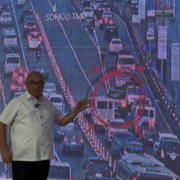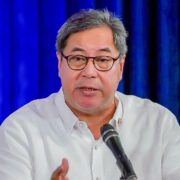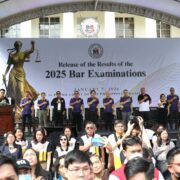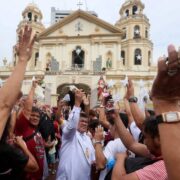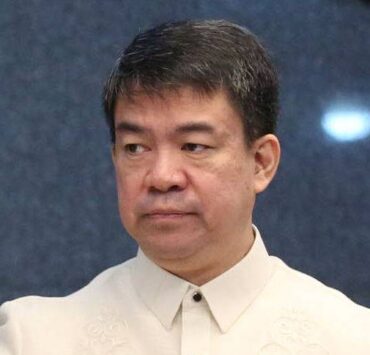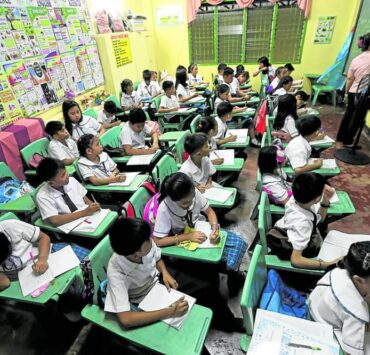‘Open bicam’ gains more civil society support
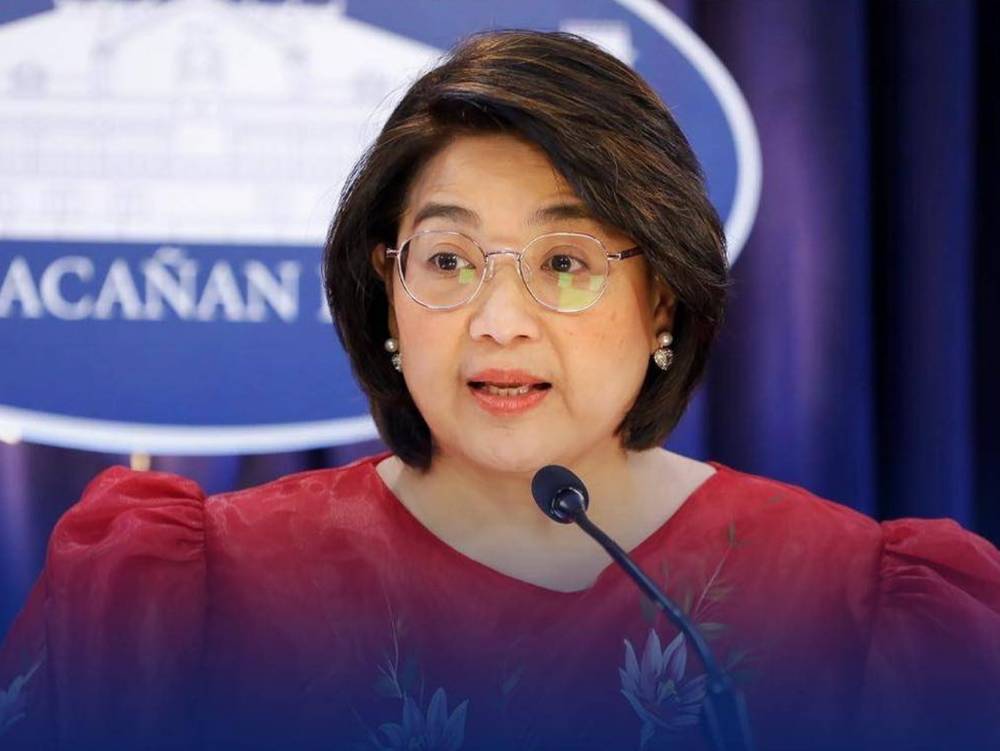
Calls to open the bicameral conference on the national budget and other key pieces of legislation to the public have gained more traction among civil society groups, with the Palace also issuing a general expression of support.
“We respect the independence of the Congress. But it is better if everything is transparent to the public when it comes to any transactions being undertaken by the government,” Malacañang press officer and Undersecretary Claire Castro said at a briefing on Tuesday.
The proposal to open the conference—known in local media lingo as the “bicam”—earlier drew similar supportive statements from both the Senate and the House of Representatives.
Open entire process
The latest to stress it was Social Watch Philippines (SWP), a network of around 200 civil society organizations and individuals advocating for equitable financing and social development.
SWP urged Congress to go further by making the entire lawmaking process—not just the bicam—more open to scrutiny.
“We appreciate the lawmakers’ commitment to transparency during bicam budget talks. This is a significant step, but it should not stop there, SWP coconvener Jessica Reyes-Cantos said in a statement also on Tuesday.
“Citizens must be allowed to observe not just the final stages of budget deliberations but also technical budget hearings at the executive level, Congress committee hearings, technical working groups, and other crucial discussions where laws and policies are shaped,” Cantos added.
The bicam is mainly held to reconcile the House and Senate versions of a piece of legislation, before coming up with the final bill for approval and the President’s signature.
Often the most anticipated bicam is on the national budget, or the year’s draft General Appropriations Act (GAA), which is convened usually in November or December.
SWP noted that critical decisions made on the budget bill had often been made away from public view, such as reallocations or insertions for which limited explanations are later given.
PhilHealth fund transfer
It cited the insertion of a special provision in the 2024 GAA, which enabled the Department of Finance to order the transfer of the P89.9 billion of the excess government subsidies of the Philippine Health Insurance Corp. (PhilHealth) back to the national treasury to fund unprogrammed appropriations.
The transfer was later questioned by anticorruption watchdogs and former government officials for being unconstitutional before the Supreme Court.
“Supporting the open bicam process is a welcome development, but operationalizing it is crucial for genuine transparency and accountability. No stage or steps should ever be hidden,” Cantos said.
“The bicam body should not go beyond its mandate to reconcile differences and act as a third chamber. The legislative branch should devise rules and guidelines that will comprehensively transform transparency and accountability of the legislation phase,” she added.
SWP called on Congress to allow the public and civil society groups not only to observe but also participate in committee hearings and technical working groups.
Bicam meetings and committee hearings should be livestreamed, with complete minutes and transcripts.
House, Senate backers
Speaker Martin Romualdez last week expressed his full support for the “#OpenBicam” campaign as part of the broader budget reforms he said he would pursue in the 20th Congress.
Senate Secretary Renato Bantug Jr. on Monday said the chamber was also open to serious proposals that would enhance public access to the crafting of the national budget.
On Monday, Sen. Tito Sotto said he would push for open bicameral committee hearings, to go with the filing of his own version of the freedom of information bill.
In 2019, during the 18th Congress, then Senators Joel Villanueva and Ping Lacson filed Senate Bill No. 24, or the draft People’s Participation in the National Budget Process Act.
The bill languished at the committee level, with no other lawmaker refiling it since.







